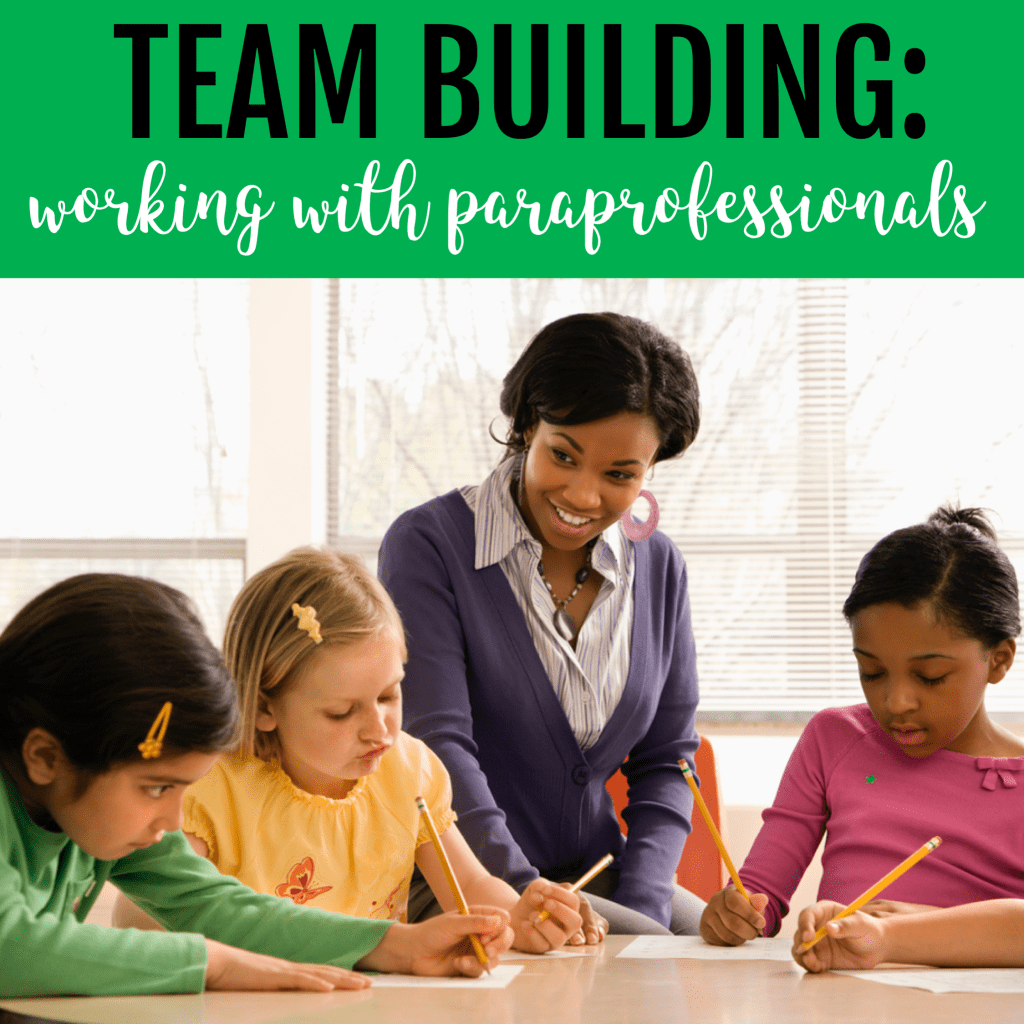 In the special education classroom, we need all the helping hands we can get (and sometimes we need even more than that).
In the special education classroom, we need all the helping hands we can get (and sometimes we need even more than that).
I’ve worked with many awesome paraprofessionals in my classroom. However, I’ve also witnessed toxic teacher/aide relationships in my day.
Here are a few tips for establishing relationships for a successful school year.
*Note: I use the terms paraprofessional, assistant, and aide interchangeably throughout this post. These titles seem to vary regionally, but are used to reference teaching assistants who work alongside teachers. So basically multi-tasking, behavior-managing, nose-wiping, data-taking superheroes.
1. Relationships are EVERYTHING
ALWAYS, ALWAYS, ALWAYS treat your assistants with respect. Be mindful of your tone and never, ever speak in a condescending manner.
The special education classroom is a high-stress environment. It’s easy to get frustrated and overwhelmed. Know when it’s time to take a break, bite your tongue, or find a different method.
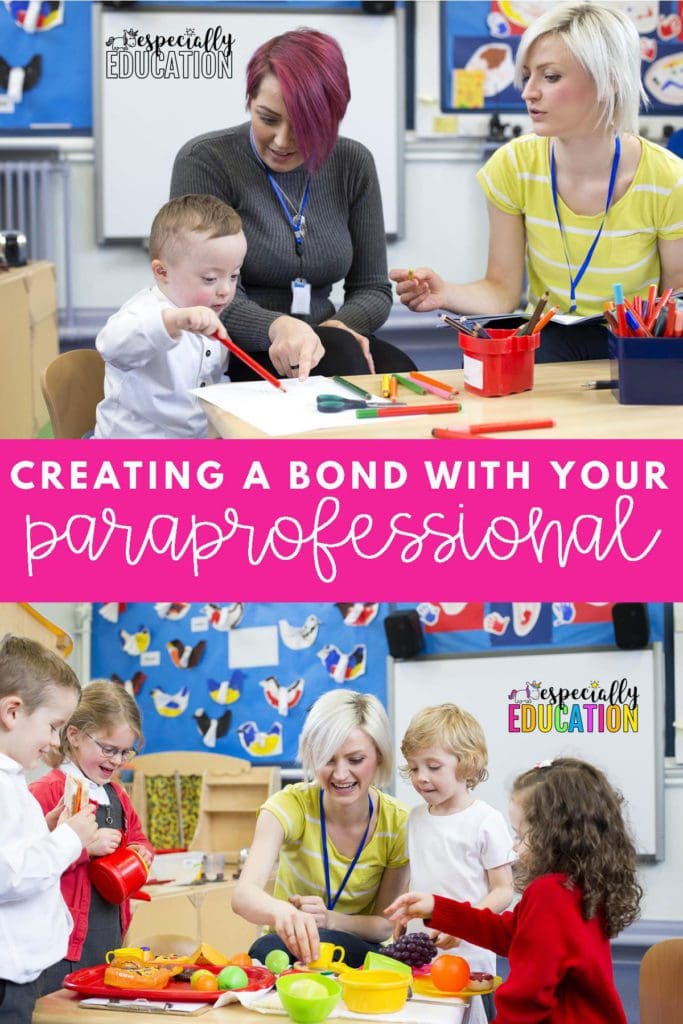
2. Establish Expectations from Day 1
Give your aides the tools they need to be successful. Every classroom is different, and you cannot expect someone to walk in knowing everything.
Make sure that you are leading by example, and are not exempt from classroom rules. (example: if your classroom is a cell phone free zone, make sure you are abiding by this rule as well).
Click here to get free phone zone poster.
I also love the idea of putting together a notebook with classroom expectations, protocols, schedules, and any other information that is beneficial for your staff to have on hand. You can check out Simply Special Ed’s paraprofessional binder here.
3. Express Gratitude Often
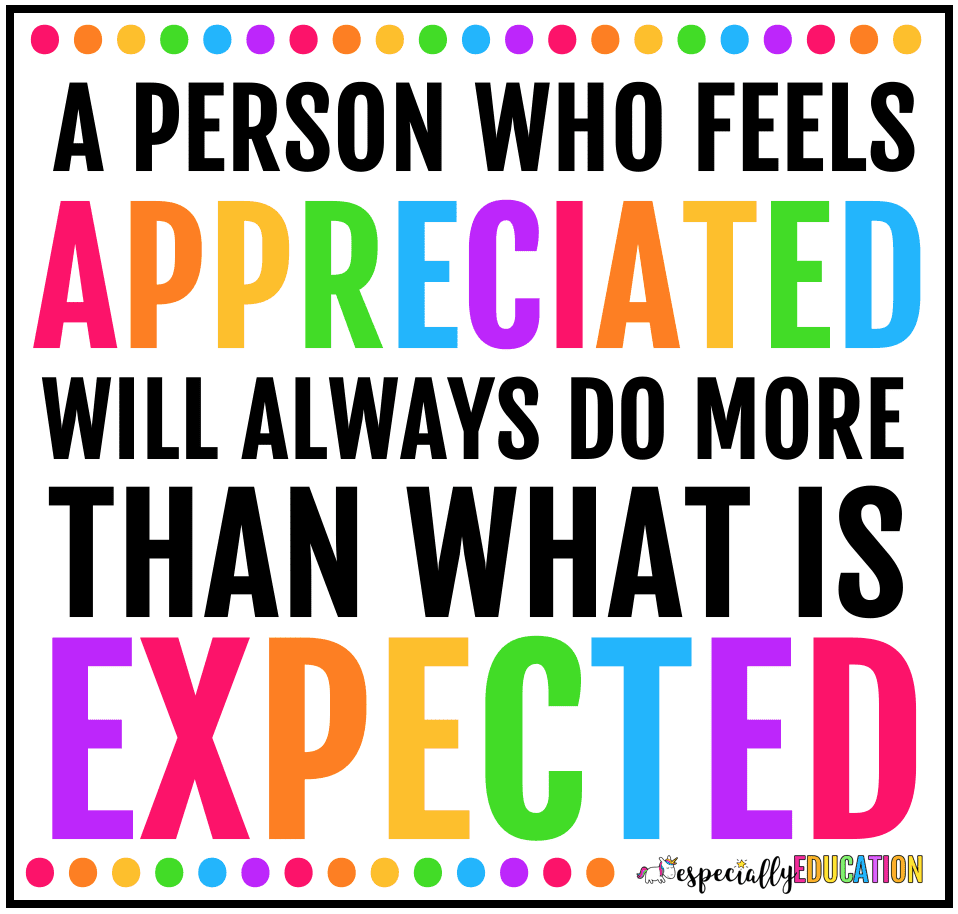
A little appreciation goes a long way. I know that when I feel appreciated by someone, I am more likely to go the extra mile.
The same goes in my classroom. I want my paraprofessionals to know how much they are appreciated.
Easy ways to express gratitude:
- Meaningful feedback: “Thank you so much for re-setting the schedules yesterday! It was such a relief coming in this morning when I saw the schedules were ready to go.”
- Words of Affirmation: “You did an awesome job leading that small math group yesterday. I never thought about using the Legos in the ten frames. That was such a great idea!”
- Notes: jotting down a quick thank you note on a piece of paper is a great way to give a heartfelt thank you. I have these free Love Notes that teachers are often sharing with students and staff members.
- Small gifts: I love collecting small items throughout the year to help lift morale and show gratitude. Sarah from The Designer Teacher has a great list of paraprofessional gifts under $10
- Gift Tags: Amanda from A Perfect Blend Teaching has these adorable teacher gift tags, which are perfect for pairing with small, inexpensive gifts.
4. Acknowledge their Experiences
One of my paras had been in the classroom twice as long as I had been. Last year was my first year working with the younger population, but she had years of experience in an intensive needs classroom. Her experiences and input were invaluable for me as a teacher.
Every afternoon, we brainstormed ways we could be more effective in our instruction and behavior management.
5. Be a Problem Solver
I’ve worked with several teaching assistants in my days. No, you and your paraprofessionals might not be the best of friends. But it’s better to be oil and water than baking soda and vinegar.
What does this crazy analogy have to do with teaching?
Oil and Water: You and your aide might not always see eye-to-eye. You might not even LIKE each other. But two adults who can put their differences aside and work together peacefully will create a better environment for the students. And that is the number one reason why we are there.
Baking Soda and Vinegar: What happens when these two substances are combined? They erupt and explode. Paraprofessionals and teachers who cannot put their differences aside and are constantly butting heads create a toxic environment for both the adults and the students.
Here is an article on how to effectively resolve conflict in the classroom.
Every relationship is different, and there is no one-size-fits-all handbook to building successful work relationships, unfortunately. However, I do feel these tips are always great to implement in most situations.
How do you build stronger work relationships?
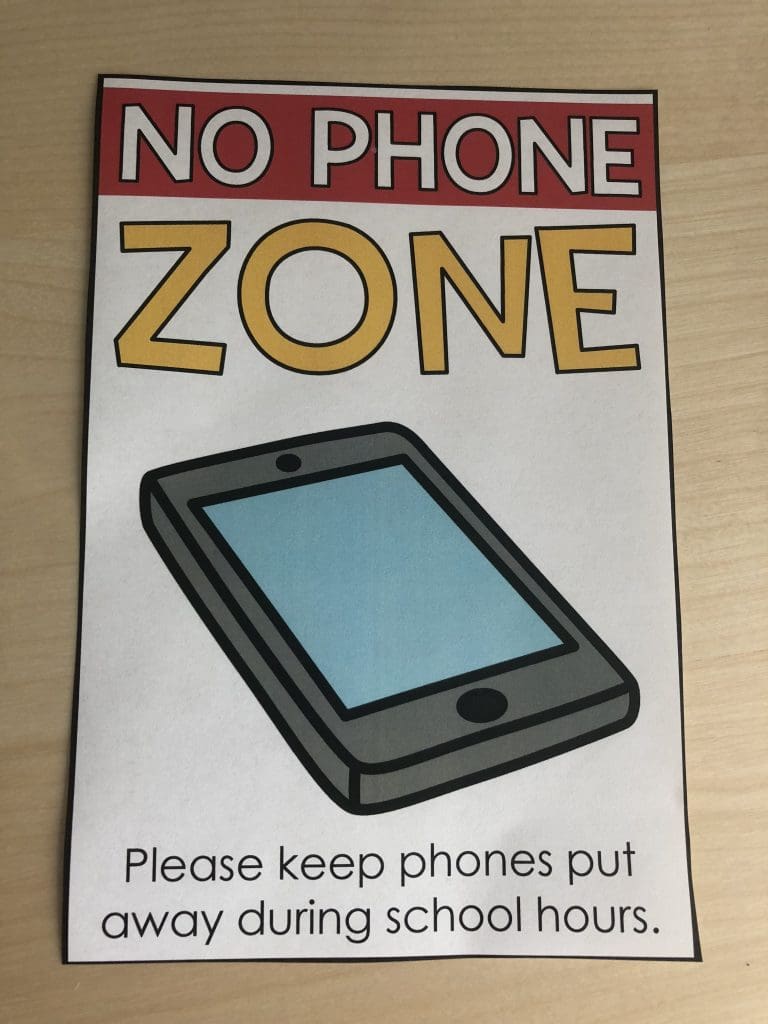
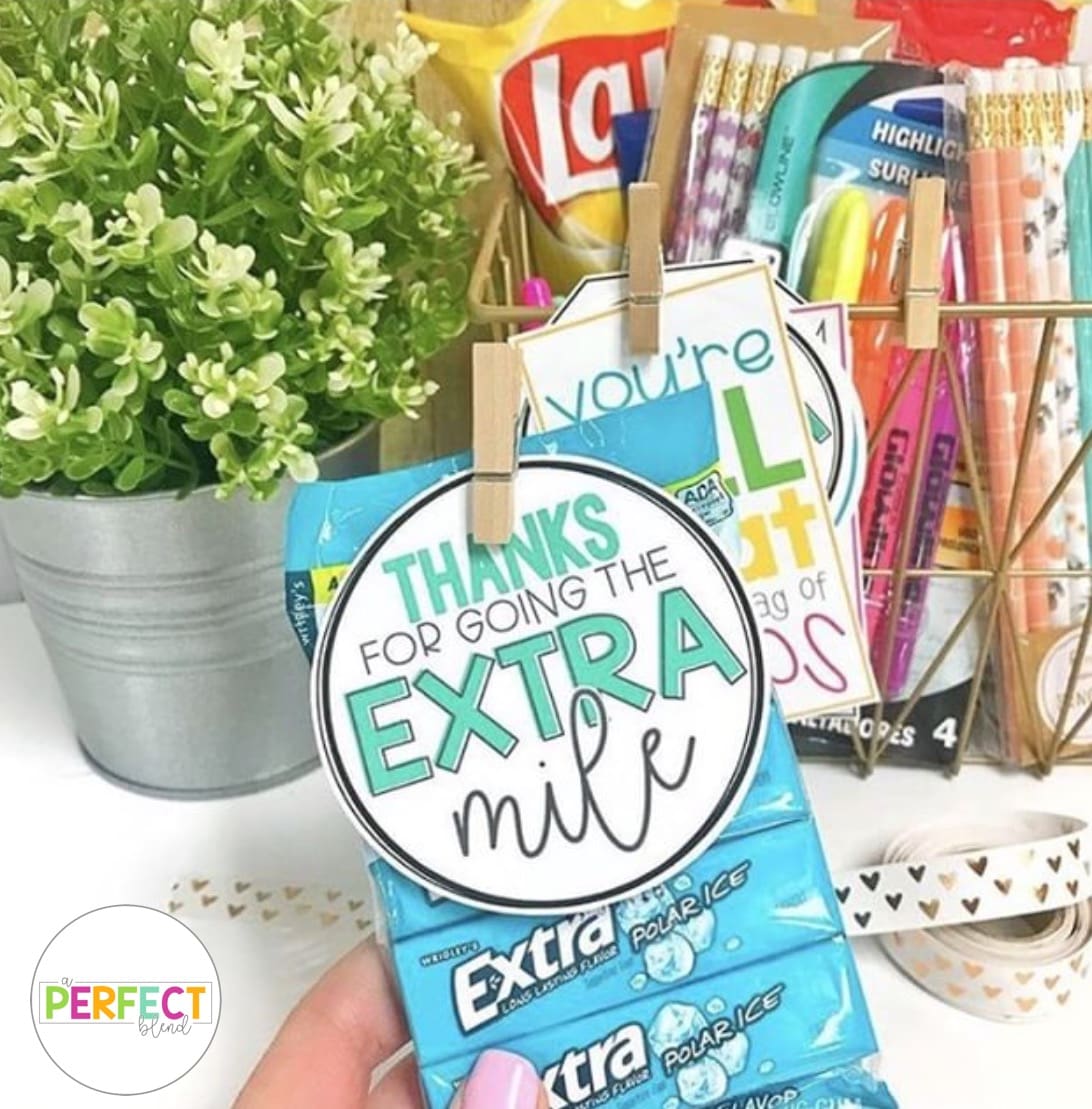
Kelly says
As a paraprofessional myself, I am so happy to see a guide for teachers that focuses on collaboration, mutual respect, and appreciation rather than scheduling, directives, and expectations.
I have been a para in a high-intensity, emotional support classroom for 6 years and, unlike some of my peers, have been fortunate enough to work with a team (which is how we all refer) that truly functions as one, regardless of title. We are all there to inspire and help our kiddos succeed – and regardless of the classroom type, this sort of post will be more beneficial than anything rooted in rules and expectations (which is what I see around the internet far more often).
People who feel appreciated, respected, and like an integral part of a team will always be more enthusiastic, receptive, and invested. For those who aren’t – it is a case of the individual, not the whole.
Thanks again, fantastic post!
lauren says
fantastic article,Iam so happy to see a guide for teachers that focuses on collaboration, mutual respect, and appreciation rather than scheduling, directives, and expectations.
Michaela Davis says
Exactly Lauren! We must nurture our team.